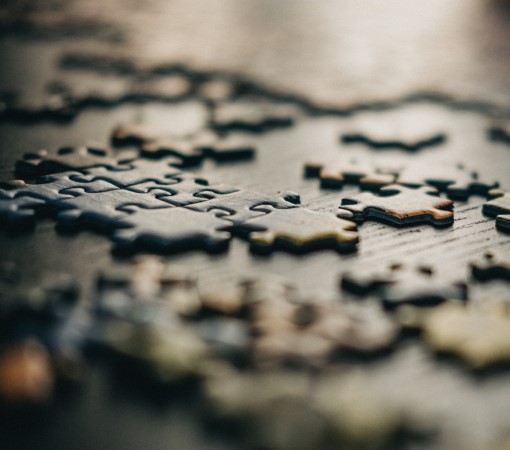
Should you do puzzles before bed?
By Jason Wooden, PhD | October 28, 2021
It’s no surprise people are curious whether they should do puzzles before bed given their huge popularity as a fun and relaxing activity.
Puzzles are generally considered good for stress relief which can be beneficial at night since stress and anxiety are among the most common causes of insomnia.
However, puzzles may be harmful when combined with activities that come back to bite your sleep such as unhealthy snacks, alcohol, cigarette smoking, and watching TV.
In this article, we’ll talk about:
1) What’s the big deal?
2) The benefits from doing puzzles
3) Are puzzles okay before bed?
4) 7 pitfalls to avoid
5) 15 sleep-friendly alternative ways to relax
Puzzles before bed and sleep, no big deal?
Who doesn’t love a good puzzle even if it’s before bed?
Puzzles are fun, relaxing, and satisfying. They’re also a great way to take your mind off of things and spend a little time alone.
Whether it a jigsaw puzzle, crossword puzzle, or something online like Web Sudoku, they’re hugely popular and demand for puzzles has surged even more since COVID.
Given how easy it is to pass the time at night happily pecking away at the puzzle of your choice, it’s fair to ask if there are any downsides, especially for sleep.
After all, we live in a world where every night 1 in 3 adults struggle with insomnia for various reasons.
So, anything that can make the situation worse is to be avoided because the cost of poor sleep is too high.
Sleep deprived people don’t think as clearly, have a harder time coping, and don’t perform as well at school or on the job.
And when it happens night after night, it puts you at risk for all sorts of issues including diabetes, high blood pressure, cardiovascular disease, anxiety, and depression.
We love our puzzles, but really need to get to bed on time.
So, are puzzles before bed really something to worry about?
After all, there are worse ways to pass the time at night.
Let’s take a look at the pros & cons, the pitfalls, and what you can do to keep your sleep on track.
What are the benefits from doing a puzzle before bed?
There are some definite benefits from doing puzzles whether it’s day or night:
Relaxation
The is the most obvious benefit. Research suggests that puzzles and similar mental activities can provide stress relief.
It’s believed that when you do a puzzle you distract the brain with finding patterns. This triggers a response in the body that lowers the stress hormone cortisol.
Better mood
Solving puzzles increases the brain’s production of dopamine, the feel good hormone that regulates mood. Just think how you feel every time you solve another piece of the puzzle.
Better concentration and memory
Puzzle are believed to also good for brain health. Studies have shown they can improve memory, concentration, and spatial reasoning.
One study found that people who challenged their minds with puzzles and other activities were less likely to develop brain plaques linked to Alzheimer’s disease.
Heart health
It should be no surprise that the relaxation and mood benefits from doing a puzzle may also lower your blood pressure and heart rate.
Are puzzles okay before bed?
Now, we get to what you really wanted to know, whether puzzles before bed will cause problems later. Given all the benefits I just listed, it should be obvious how they could be a good thing.
Did you know that stress and anxiety are among the most common causes of insomnia?
As you get more and more stressed out, your body may turn on the fight-or-flight response and pump out stress hormones designed to get you in a heightened state of arousal and prepare your muscles for action.
That’s why stress and anxiety is so bad at night – it’s makes it harder to fall asleep AND harder to stay asleep throughout the night.
Unfortunately, poor sleep can trigger stress and anxiety. If you’re not careful, you can get into a vicious cycle of poor sleep and stress.
Anything you can do to calm the mind and body will make it easier to transition to sleep at bedtime.
Puzzles are generally considered good for stress relief.
There’s also anecdotal evidence about how puzzles can help people cope with anxiety.
While the sleep benefits from puzzles haven’t been directly researched, studies show that people who have learned relaxation techniques are able to fall asleep more quickly and sleep longer.
The feel good benefits from doing a puzzle is certainly a positive for sleep.
So, you can see how overall puzzles before bed can be a good thing. Whether it’s a positive or negative will depend on if you’re enjoying puzzles the right.
Pitfalls to avoid when doing puzzles before bed
Doing the wrong thing in the evening as you pass the time can later make it harder to fall asleep, stay asleep, and affect how deeply you sleep.
It should be no surprise that what you do while relaxing with a puzzle before bed can come back to bite you later.
To be clear, what you want is:
- a regular evening routine that gets you ready for bed
- calming puzzles as part of your routine
- you’re able to stop and go to bed when your body says it’s time for sleep
And what you want to avoid is:
- anything too stimulating
- activities and foods that interfere with sleep
- bright electronic screens
Let’s look at some of the pitfalls:
1) You can’t stop
Whether you’re getting frustrated or you just have to figure out one more piece, that will keep you from going to bed on time. If you find it’s hard to stop, perhaps you should switch to a different puzzle or evening activity.
2) Doing online puzzles near bedtime
Online puzzles have become incredibly popular. Unfortunately, the bright light from electronic screens is harmful to sleep.
Sleep experts recommend you avoid using smart phones, tablets, and computers as you get close to bed time. The light signals your brain it’s time to wake up.
3) Snacking on the wrong thing
We’ve all had a case of the light night munchies. However, if you eat the wrong thing it can come back to bite you with a case of heart burn, an upset tummy, headaches, or wire you up.
On the list of things to stay away from are spicy foods, caffeinated foods, refined sugary carbs, fatty and high protein foods, and natural diuretics such as water melon.
4) Alcohol
Have you ever had a late-night glass of wine to help you relax and fall asleep? Alcohol may initially make you drowsy, but it can disrupt sleep during the night and keep you from entering the deep restorative phases of your sleep cycles.
5) Cigarette smoking
Some people find it relaxing to have a cigarette in the evening. Unfortunately, nicotine users twice as likely to run into sleep trouble.
6) Watching TV
I’ve already mentioned how bad the bright light from electronic screens is for sleep. So, if you’re tempted to watch your favorite program while doing a puzzle you might want to try music instead.
7) Loud racing music
Speaking of music, listening to the wrong type will get your heart racing and make it harder to sleep. Try something soothing such as classical or nature track that can help your body relax and transition to sleep.
Slow rhythm songs (60 to 80 beats per minute) have also been shown in studies to improve sleep.
Other things besides puzzles that can help you relax before bed
There are plenty of other sleep-friendly ways to unwind and pass the time at night.
Below you will find a wide variety of enjoyable activities that can help aid the transition to sleep.

1) Light reading
Reading can take your mind off things, be sure to avoid those page turners that can keep you up too late.
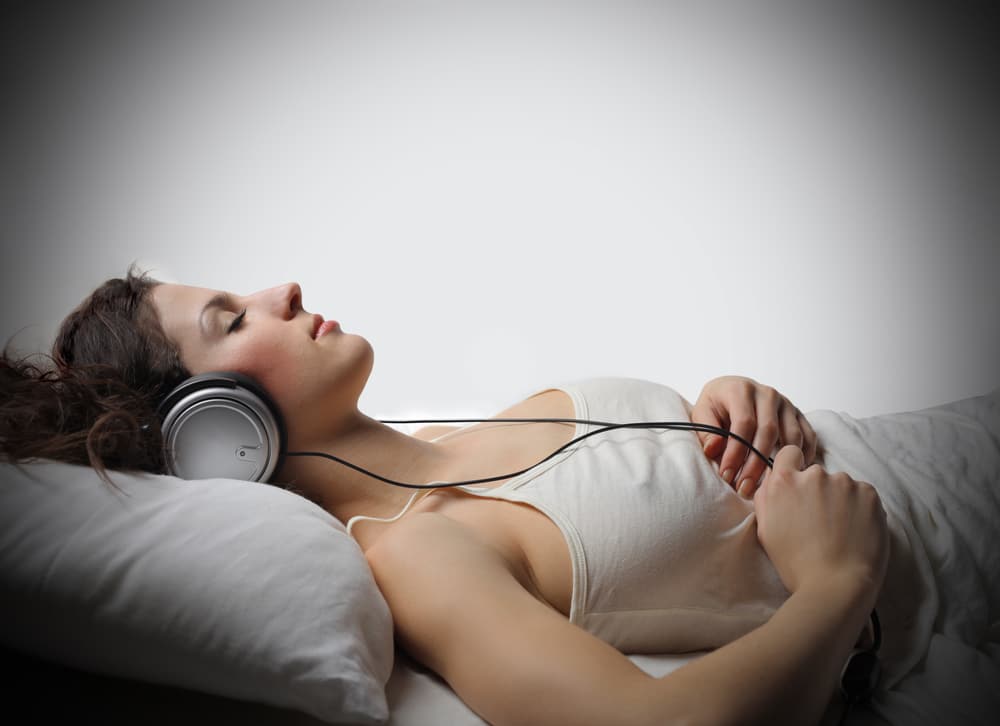
2) Music
Listen to something relaxing, whether it’s classical or something else. Avoid those heart pumping tunes…

3) Bedtime chat
Have a quiet end of the day chat with a bedmate or roommate.
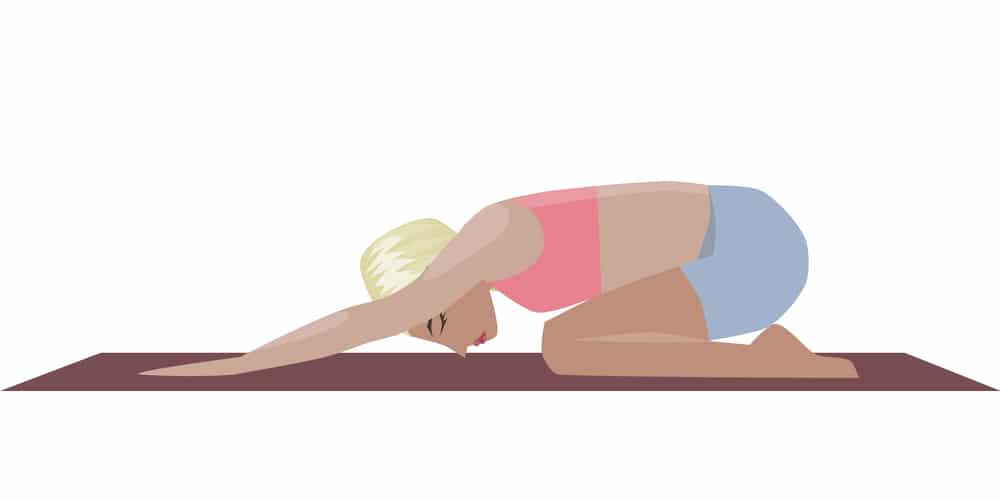
4) Light stretching
Try a little light yoga or some other gentle body stretching.

5) Enjoy a sleep friendly snack
How about a warm cup of milk or herbal tea? You can also try foods with natural sleep-promoting nutrients such as cherries, mixed nuts, almonds, or sliced turkey.
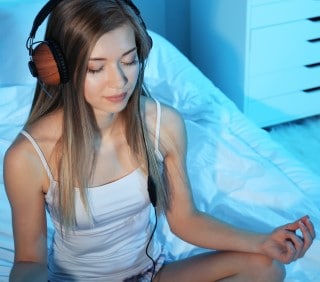
6) Meditation
Try mindfulness meditation or some other mental practice. It’s a great way to calm the mind and body.

7) Relaxing bath
For some, a leisurely soak in warm water with candles and scented oils does the trick.
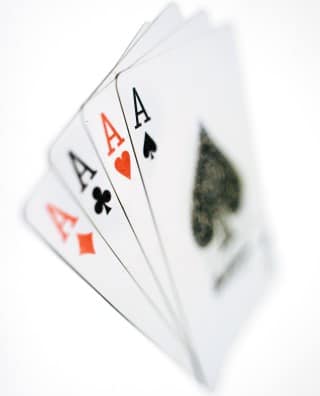
8) Try a hand of solitaire
Like puzzles, a quick game can be the perfect card trick for your sleep.

9) Prayer
Like meditation, a little quiet evening prayer can occupy and calm the mind.

10) Mend some clothes
Sewing ties the hands and calms the mind.

11) Organize or clean
It can get your mind off being bored and you get the satisfaction of getting something done.

12) Make a to-do list
Plan your day and feel more ready for tomorrow.

13) Journaling
Reflect and write down the events and thoughts from your day.

14) Chill out by the fireplace
I’m don’t know what’s so relaxing about watching those flames, but it’s a time tested way to destress at night.

15) Watch the stars
If you’re room is setup so you can see the night sky from your bed, go for it! Otherwise, grab a chair and find the perfect spot.
You may also be interested in:
Sources:
1. “Talking Points”, World Sleep Society website
2. Jigsaw Puzzling Taps Multiple Cognitive Abilities and Is a Potential Protective Factor for Cognitive Aging. Front. Aging Neurosci., 01 October 2018
3. “Can Jigsaw Puzzles Really Improve Your Mental Health?”, 2020, Medium
4. “10 surprising benefits of doing puzzles”, 2020, cronicaspuzzleras.com
5. “A perfect match: The health benefits of jigsaw puzzles”, 2020, Baylor College of Medicine website
6. “Alzheimer’s brain plaques prevented by lifetime of puzzles, study suggests”, 2012, cbsnews.com
7. “For guys with anxiety, stress and ptsd, jigsaw puzzles are more than just a game”, melmagazine.com
8. Insomnia: Relaxation techniques and sleeping habits
Connect with us:
About Us
Better Sleep Simplified® was founded as a place for you to get clear and well-researched information.
Our goal is to make sure you know about your options so that you take action sooner rather than later.
Check us out on YouTube:
Watch and Learn
Helpful sleep tips, interesting sleep facts and statistics you want to know about
Affiliate Disclosure
This site is a participant in the Amazon Services LLC Associates Program and other affiliate advertising programs designed to provide a means for sites to earn advertising fees by advertising and linking to them.
Important: BetterSleepSimplified.com is for informational purposes only and is not intended or implied to be a substitute for professional medical advice, diagnosis, or treatment. Always consult a physician for sleep and health concerns. See additional information.
